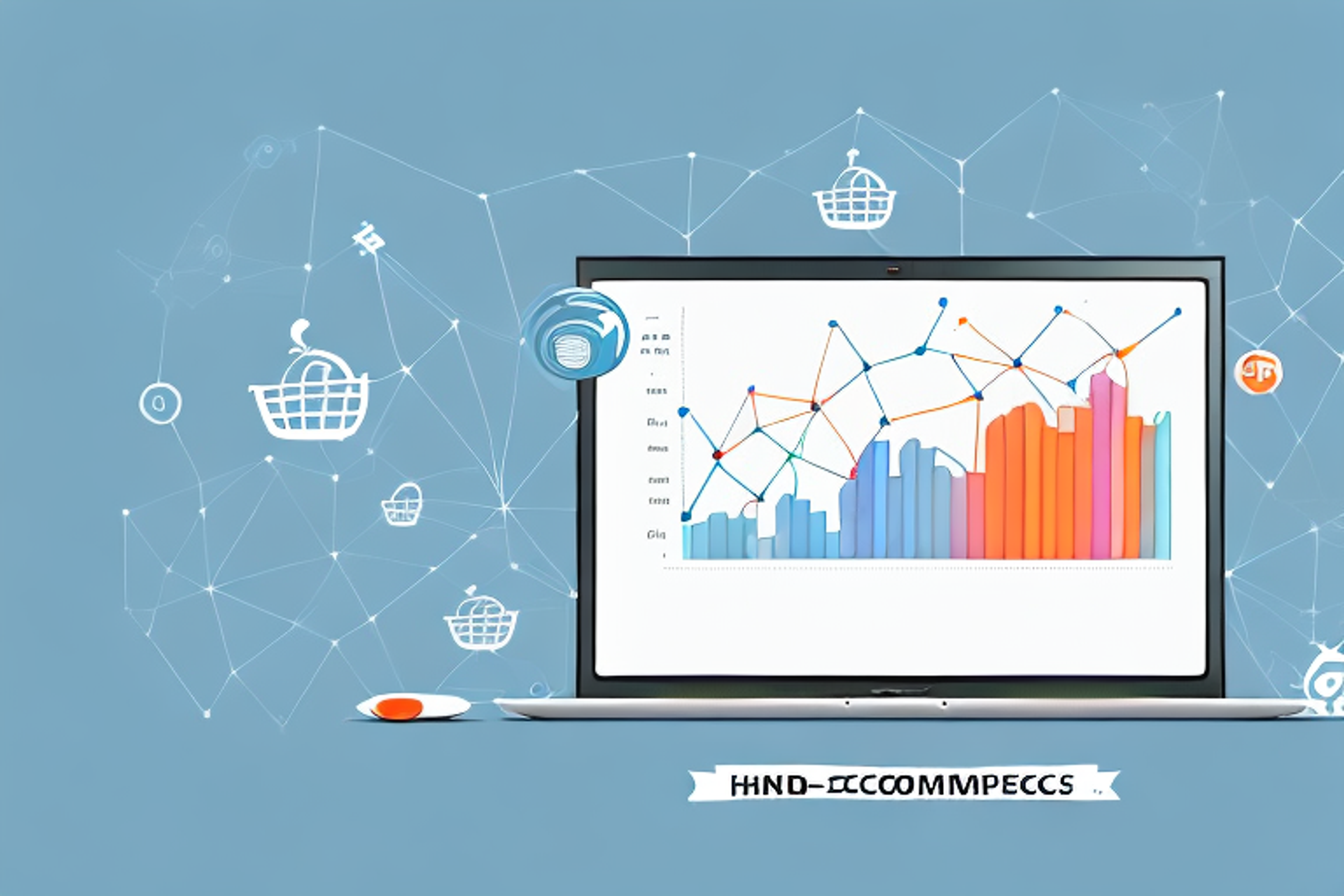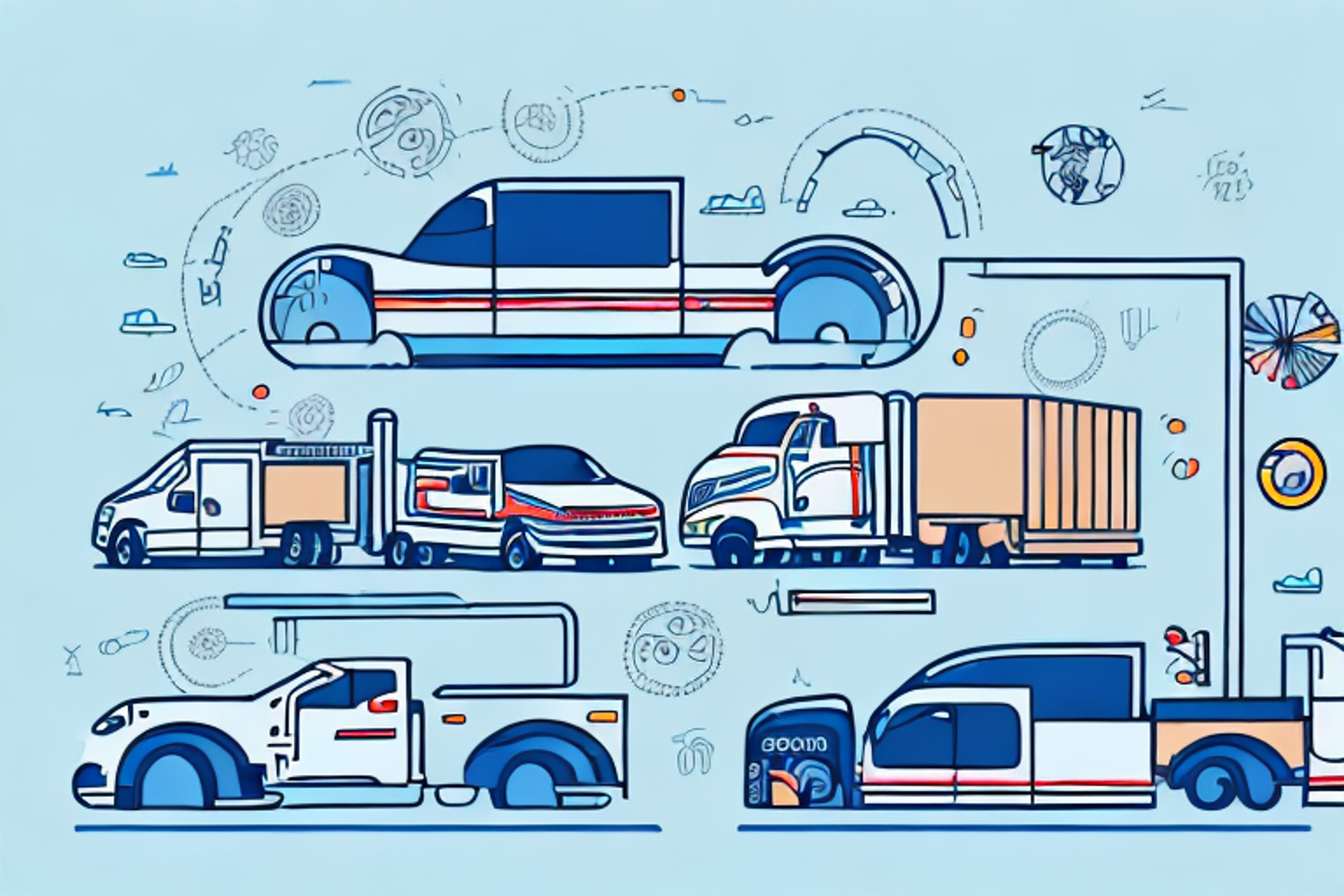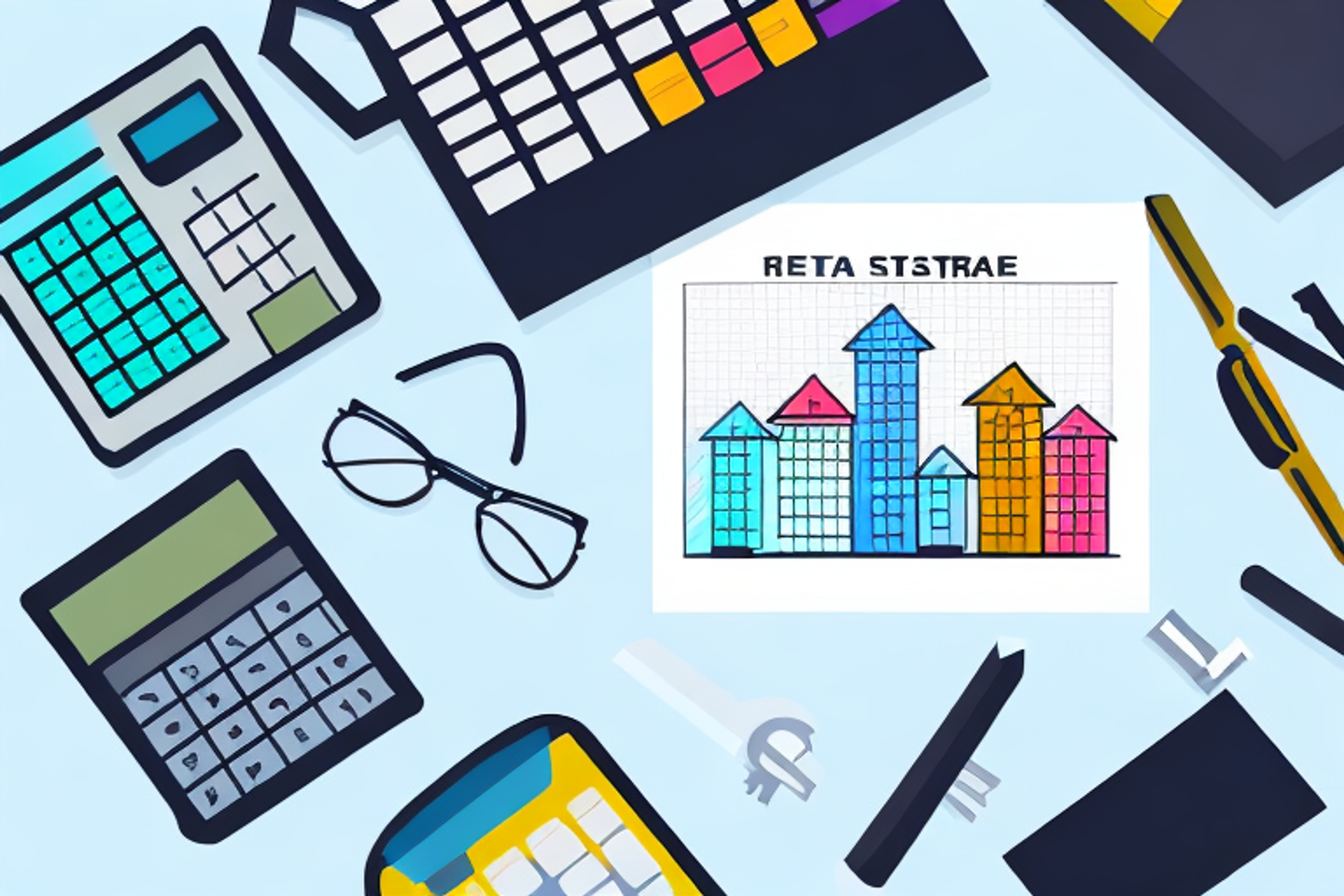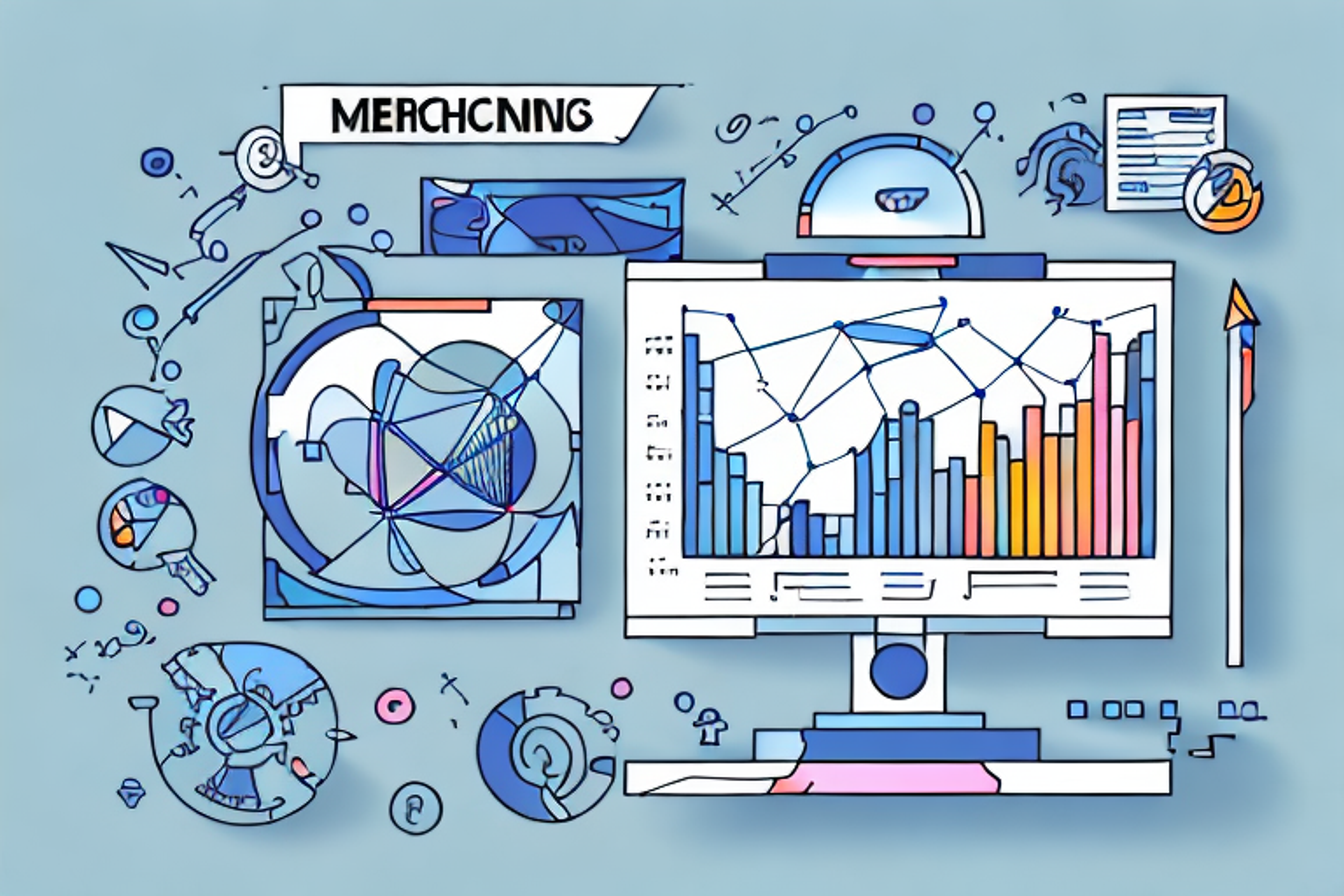The Key Factors Benchmark Considers for Consumer Goods Startups
Discover the essential factors that Benchmark, a leading venture capital firm, considers when investing in consumer goods startups.
Posted March 6, 2025

Table of Contents
Starting a consumer goods company can be an exciting and rewarding experience, but it is also a complex and challenging one. To succeed in this industry, it is important to understand the key factors that Benchmark considers when evaluating consumer goods startups. By focusing on these factors, you can increase your chances of success and scale your business effectively.
Why is Benchmarking Important for Consumer Goods Startups?
Benchmarking is the practice of comparing your business performance to industry standards and best practices. It is an important tool for consumer goods startups because it allows you to identify areas where you may be falling behind or excelling compared to your competitors. By benchmarking your business, you can gain a better understanding of your strengths and weaknesses and develop a roadmap for growth.
One of the key benefits of benchmarking for consumer goods startups is that it can help you stay ahead of the competition. By regularly comparing your performance to industry leaders, you can identify emerging trends and best practices that can help you improve your products, services, and operations. This can give you a competitive edge and help you stay relevant in a rapidly changing market.
Benchmarking can also help you make more informed decisions about resource allocation. By understanding how your competitors are allocating their resources, you can make strategic decisions about where to invest your time, money, and energy. This can help you optimize your operations and maximize your return on investment, which is critical for startups that are working with limited resources.
Understanding the Consumer Goods Industry Landscape
To succeed in the consumer goods industry, it is important to have a deep understanding of the industry landscape. This includes understanding consumer demographics, industry trends, and competitive dynamics. By keeping up to date with industry news and developments, you can stay ahead of the curve and capitalize on emerging opportunities.
One important aspect of the consumer goods industry landscape is the increasing focus on sustainability and ethical practices. Consumers are becoming more conscious of the impact their purchases have on the environment and society, and are demanding that companies take responsibility for their actions. As a result, companies that prioritize sustainability and ethical practices are gaining a competitive advantage and building stronger relationships with their customers.
How to Identify and Measure Key Performance Indicators (KPIs) in Consumer Goods Startups
To effectively benchmark your business, it is important to identify and measure the key performance indicators (KPIs) most relevant to your success. Some examples of KPIs for consumer goods startups include revenue growth, customer acquisition cost, and customer retention rate. By tracking these metrics over time, you can gain insights into your business's performance and make data-driven decisions.
Another important KPI for consumer goods startups is the conversion rate, which measures the percentage of website visitors who make a purchase. This metric can help you understand the effectiveness of your marketing and sales strategies, as well as identify areas for improvement. Additionally, tracking your inventory turnover rate can help you optimize your supply chain and ensure that you are not overstocked or understocked.
It is also important to consider industry-specific KPIs when measuring your business's performance. For example, if you are in the food and beverage industry, you may want to track your gross profit margin, which measures the percentage of revenue that is left after deducting the cost of goods sold. This metric can help you understand the profitability of your products and pricing strategy.
The Role of Technology in Scaling Consumer Goods Startups
Technology can play a crucial role in scaling consumer goods startups. From supply chain management to e-commerce platforms, the right technology solutions can streamline operations and improve efficiency. By leveraging technology, you can reduce costs and increase your business's scalability.
One of the key benefits of technology in scaling consumer goods startups is the ability to gather and analyze data. With the right tools, you can track customer behavior, preferences, and trends, allowing you to make data-driven decisions that can help you grow your business. Additionally, technology can help you automate repetitive tasks, freeing up time for you to focus on more strategic initiatives.
However, it's important to note that technology is not a silver bullet. While it can certainly help you scale your business, it's important to choose the right solutions and implement them effectively. It's also important to balance technology with human expertise and intuition, as there are certain aspects of running a consumer goods startup that require a personal touch.
The Importance of Branding and Marketing Strategies for Consumer Goods Startups
Effective branding and marketing strategies are essential for consumer goods startups looking to stand out in a crowded market. This includes developing a strong brand identity, targeted advertising campaigns, and building a loyal customer base through social media and email marketing. By investing in branding and marketing, you can increase brand awareness and drive sales.
Furthermore, having a well-defined brand and marketing strategy can also help attract potential investors and partners. Investors are more likely to invest in a startup that has a clear understanding of their target audience and a solid plan for reaching them. Additionally, having a strong brand can make it easier to form partnerships with other companies in the industry, which can lead to increased exposure and growth opportunities.
Building a Strong Supply Chain Network to Support Your Consumer Goods Startup
A strong and reliable supply chain network is critical for consumer goods startups. This includes finding reliable suppliers, managing inventory, and optimizing logistics and shipping. By working with trustworthy partners and implementing efficient processes, you can ensure a consistent supply of high-quality products to your customers.
One important aspect of building a strong supply chain network is establishing clear communication channels with your suppliers. This includes setting expectations for lead times, quality standards, and pricing. Regularly checking in with your suppliers and addressing any issues that arise can help prevent delays or disruptions in your supply chain.
Another key factor in building a strong supply chain network is staying up-to-date with industry trends and innovations. This includes exploring new technologies and tools that can help streamline your processes and improve efficiency. By staying ahead of the curve, you can position your startup for long-term success in the competitive consumer goods market.
The Impact of Customer Feedback on Consumer Goods Startup Success
Customer feedback can provide valuable insights into how well your products and services are performing. By actively soliciting and responding to customer feedback, you can identify areas for improvement and build a loyal customer base. This can help drive repeat business and differentiate your brand in a competitive market.
Furthermore, customer feedback can also help startups to innovate and develop new products that better meet the needs and preferences of their target audience. By listening to customer feedback, startups can gain a better understanding of what their customers want and need, and use this information to create new products or improve existing ones. This can lead to increased customer satisfaction and loyalty, as well as a stronger competitive advantage in the market.
How to Conduct Market Research for Your Consumer Goods Startup
Market research is essential for understanding customer preferences and identifying market gaps and opportunities. This includes conducting surveys and focus groups to understand consumer needs and preferences, analyzing competitor trends, and assessing market demand. By leveraging market research, you can make informed decisions about product development and positioning.
One important aspect of market research is identifying your target audience. This involves understanding the demographics, psychographics, and behaviors of your potential customers. By knowing who your target audience is, you can tailor your marketing efforts and product offerings to better meet their needs and preferences.
Another key component of market research is analyzing industry trends and staying up-to-date with the latest developments. This includes monitoring changes in consumer behavior, technological advancements, and regulatory updates. By staying informed, you can adapt your business strategy and stay ahead of the competition.
Tips for Navigating the Regulatory Environment in the Consumer Goods Industry
The consumer goods industry is subject to a range of regulatory requirements, including product safety, labeling, and packaging regulations. By staying up to date on these regulations and implementing compliance processes, you can minimize the risk of legal issues and protect your brand's reputation.
Common Challenges Faced by Consumer Goods Startups and How to Overcome Them
Consumer goods startups face a range of challenges, including funding, supply chain management, marketing, and regulatory compliance. By developing a strong business plan and seeking mentorship and support from industry experts, you can overcome these challenges and drive growth.
Best Practices for Raising Capital and Securing Funding for Your Consumer Goods Startup
Raising capital is a critical part of growing a consumer goods startup. This includes developing a clear investment plan, building a strong network of investors and mentors, and preparing a comprehensive pitch deck. By leveraging these best practices, you can increase your chances of securing funding and accelerating your business's growth.
In conclusion, by focusing on these key factors, consumer goods startups can build a strong foundation for success. By leveraging industry best practices and staying up to date with emerging trends and technologies, you can drive growth and differentiate your brand in a competitive market.










